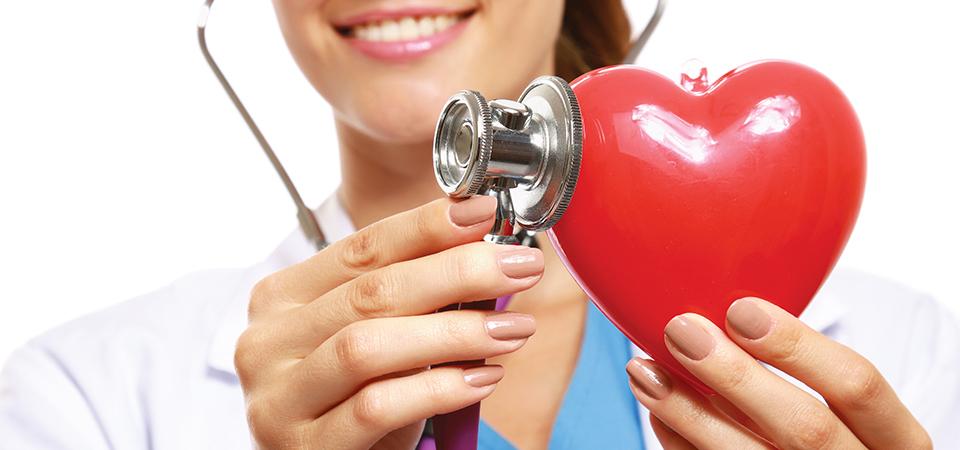
What is Hypertension?
Hypertension is the medical term referring to high blood pressure only that people use it when blood pressure stays high for a longer time. For someone to have hypertension, the blood pressure reading exceeds 140/90 mmHg for several weeks. The blood pressures change throughout the day thus a doctor or nurse should ensure that hypertensive reading is not a one-off.
Hypertension occurs when if one of the numbers stays higher than the normal. If there is consistent systolic pressure (higher than 140), medics term it as Isolated Systolic Hypertension. They refer the condition when the bottom number is consistent stays beyond 90(diastolic pressure) as Isolated Diastolic Hypertension. Hypertension is the cause of worry as it puts an additional strain on the heart and blood vessels. This stress might over time trigger a stroke, dementia, kidney diseases, heart attack and other heart diseases.
Primary hypertension
This type of hypertension is that which occurs without any cause that doctor can locate to explain the elevation in blood pressure. Doctors term such illnesses as idiopathic. Most of the hypertension diagnoses are in this category. Complex usually interrelated environmental and genetic factors make it difficult to determine the cause of primary also called essential hypertension. It usually builds up without symptoms over time. Although most cases of hypertension do not have an identifiable cause, there exist some risk factors which increase the likelihood of becoming hypersensitive. It is unlikely that you can do anything about it. These are:
Race – high blood pressure occurs more in dark-skinned people than those with a pale skin
Genetics- People from a family with members who have hypertension are at more risk of high blood pressure
Age- Aging causes blood vessels to become more rigid preventing them from opening up effectively as it happens to younger people. An ineffective opening of vessels increases peripheral resistance. People who are more than 60 years old are at more risk
Sex-Males are at more risk of getting high blood pressure
Secondary hypertension
Secondary hypertension develops rapidly and often due to a certain identifiable cause. It often causes higher blood pressure than essential hypertension. The number of people with secondary hypertension is fewer. Nonetheless, it is easier to identify causes including:
- Defects in blood vessels from birth
- Kidney problems
- Adrenal gland tumors
- Thyroid problems
- Certain medications such as cold remedies, birth control pills, and decongestants </li
- Some prescription drugs and over-the-counter pain relievers
- Alcohol abuse and chronic use
- Use of illegal drugs such as amphetamines, cocaine, and heroin.
- Adrenal gland tumors
- Congenital heart defects
- Smoking
- Obesity
See Best Nursing Writing Company reviews by our customers and writers. We are among the best rated company in providing nursing services.
How to control risk factors
Although hypertension "appears suddenly” after entirely build over time, someone can take these preventive measures to control the risk factors.
- Reduce excess weight
- It is essential to use BMI to determine the ideal weight. An overweight person has more body tissue compelling the heart to pump more blood for full circulation of essential nutrients and oxygen.
- It takes more blood pressure for both to reach all the tissues.
- Avoid alcohol and drugs- Alcohol can cause a temporary increase in blood pressure even after moderate drinking of alcohol for some people. Alcohol consumption causes heart damage over time
- Illegal drugs especially amphetamines and cocaine increase blood pressure to dangerous levels constantly thus causing hypertension.
- Engage in physical activity- Active lifestyle helps to slow pulse rate and blood pressure because the heart does not have to pump faster every time you perform a physical activity even a minor one. If you are unfit, your hearty will pump faster as blood can only circulate at higher pressure.
- Keep off tobacco- Nicotine in tobacco cause blood vessels to contract while other chemicals in tobacco destroy the lining of arteries and narrow the blood vessels. The blood pressure necessary to proper circulation will be higher.
- Avoid stress- Too much weight in daily life can elevate blood pressure
- Take salt/sodium in moderation- Taking too much salt can increase blood pressure as bodies do not tolerate much salt. It is safer to take more potassium. In fact, having too little potassium in everyday diet can cause elevated blood pressure.
- Request for other medications is your OTC, or prescription medication is increasing the pulse and heart rate.
Hypertension can cause other health complications. It is essential to include blood pressure as part of the routine checkup. Even if it occurs, early detection, the correct diagnosis, and treatment help in controlling it before it becomes dangerous hypertension.

